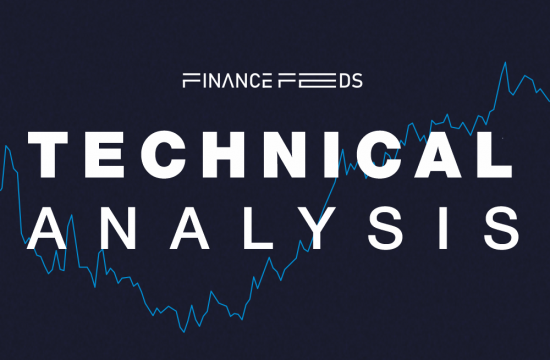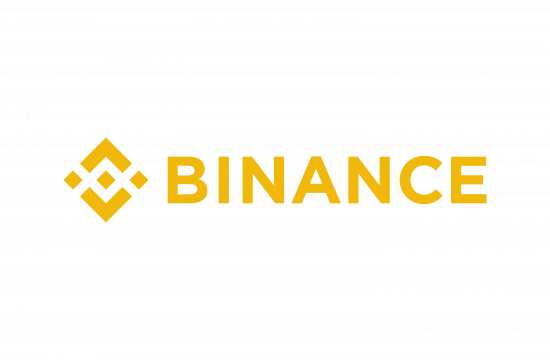Binance, the world’s largest crypto exchange by traded volume, has obtained licenses to operate in New Zealand, even after rival Huobi shutdown derivatives trading last month due to concerns about regulations.

The influential exchange gained approval as a financial service provider and launched Binance New Zealand. The registration, which allows it to offer a regulated spot exchange, was made with New Zealand’s Ministry of Business, Innovation and Employment (MBIE).
The license in New Zealand also allows Binance to offer its crypto trading services as a regulated foreign currency exchange with money or value transfer services, asset management, and over-the-counter trading.
“I guess for some it’s easy to overlook as it’s a smaller market but we see significant value in having a serious New Zealand presence. We see New Zealand as a bit of a pioneer, so from that perspective, I think there’s a lot to be learned here with our local team working with Kiwis to envisage the future of currency, transactions and the web,” said Binance founder Changpeng Zhao.
There are no detailed regulations for cryptocurrency in New Zealand. But, in fact, the country’s tax office had already got the green light to collect crypto investors’ information from local exchanges to see if they are paying their dues.
New Zealand sees digital assets as property rather than as forms of money. As a result, cryptocurrency investors may owe corporation tax, income tax, or capital gains tax depending on their activities and transaction type.
The agency, in New Zealand called the Inland Revenue Department (IRD), has asked all firms to pass on customers’ personal details – information that includes trades, names and addresses, and the value and type of their crypto assets.
The move highlights how regulators around the world are not only concerned with combating cryptocurrency related crimes but also chasing those who use the virtual asset to hide wealth or avoid paying taxes. This is nothing new, but it is a bit complicated as a booming market over the last two years made some crypto dealers millionaires virtually overnight while others lost their fortunes following the 2022’s market-wide crash.
Under the previous laws, crypto exchanges and other businesses serving as middlemen can provide the data on their clients voluntarily, but now they ware be able to refuse or appeal the authorities’ requests to turn over information.
Its closest neighbor, the Australian Taxation Office also requires the nation’s cryptocurrency users to report their operations in order to verify tax compliance. Warning them of stiff penalties if they fail to report income or pay tax on crypto holdings, the ATO said earlier this year that over 2 million individuals were expected to receive letters by mail or email to ‘remind them’ of their obligations.












